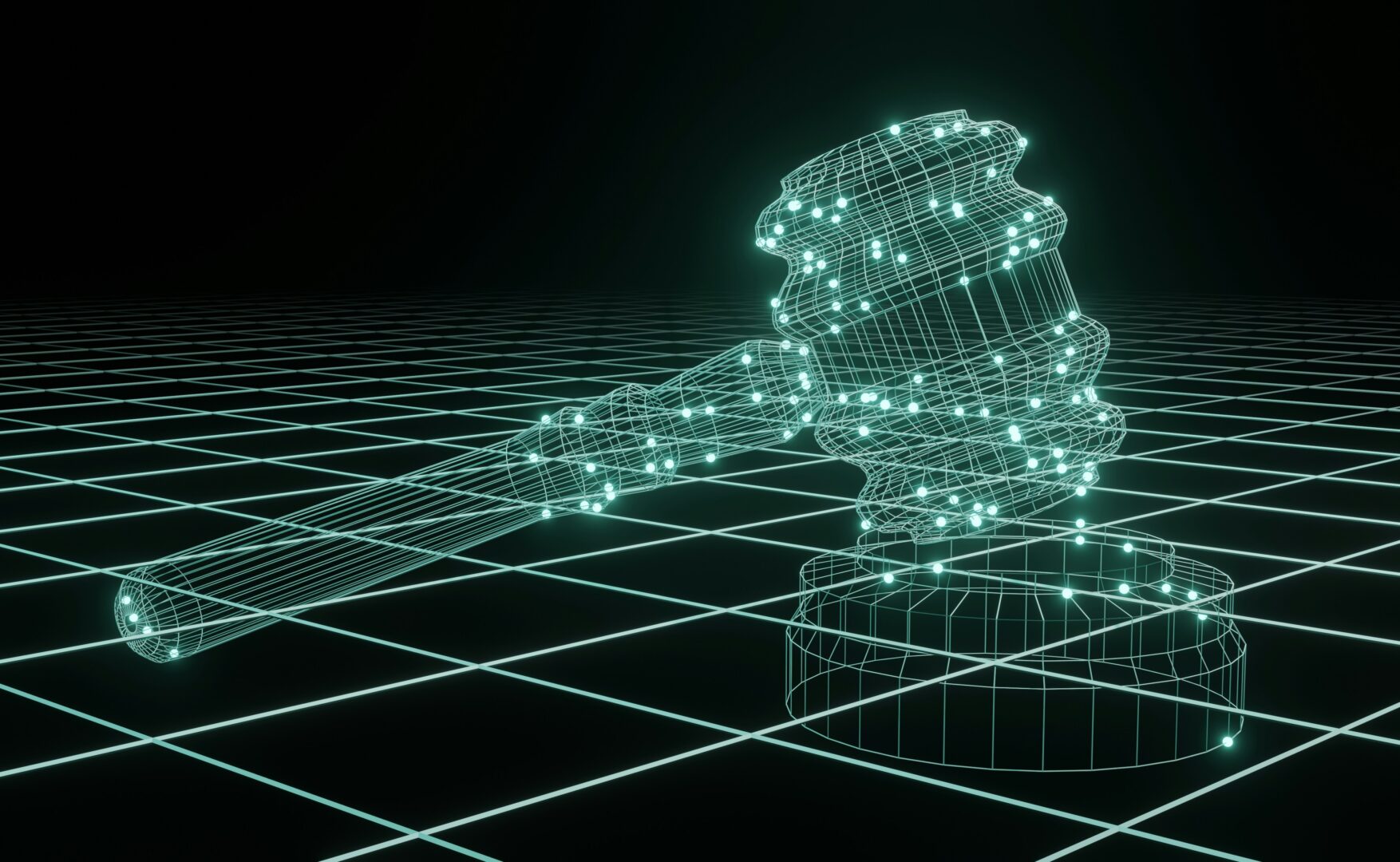The “Generative AI Copyright Disclosure Act of 2024,” introduced by Rep. Adam Schiff, is made to clarify how AI can go about using copyrighted material. Developers will have to disclose any copyrighted material used in their AI models’ training. This is in the same week as the scandal regarding OpenAI using YouTube to train its AI came to light.
What Is The Bill’s Aim?
Under this bill, anyone creating or updating AI training data must inform the Register of Copyrights if they use copyrighted works. This action is designed to encourage a culture that values and recognises creative work. The legislation’s introduction of a fine for failing to comply serves to stress the importance of this obligation. “This law is about acknowledging creativity in the AI time,” Rep. Schiff asserts.
“The transparency this bill demands is essential for the future of ethical AI development,” adds Schiff, as a way to explain the need for openness in the use of copyrighted materials.
The bill introduces several key requirements:
- Creators must submit detailed summaries of copyrighted content used in AI datasets.
- Submission deadlines are set to ensure notices are filed in a timely manner before AI systems are released to the public.
- Financial penalties serve as a deterrent against non-compliance, to show the importance of transparency.
Why Is It Relevant?
The more AI tech develops, the interface with copyright law presents a dynamic set of ethical and legal dilemmas. This legislation serves as a strict framework that is aimed at protecting the rights of creators during this technological ‘boom’, advocating for a system where innovation does not come at the expense of intellectual property. It puts perspective on why it is important to create an ethical approach to AI development that acknowledges and compensates the creative community appropriately.
This bill is important for several reasons:
- It safeguards the rights of creators, ensuring their contributions are recognised and rewarded.
- It encourages a transparent approach to AI development, setting a benchmark for global practices.
“We’re at a crossroads where respect for intellectual property and technological innovation must coexist,” Schiff asserts, on the bill’s core mission.
More from News
- UK Non-Dom Laws Have Changed In 2025, But How Much?
- NASA And Google Test AI To Help Astronauts With Medical Care
- Is The Legal Battle Between Apple And The UK Over Encryption Really Over?
- Topshop Back In UK? These Are Some Brands That Disappeared And Came Back?
- Zoom Launches New AI Features, Including Agentic AI
- UK Appoints Former OpenAI Exec As Prime Minister’s AI Adviser
- Reports Find Commercial UK Data Centres Use Minimal Water
- 84% AI Web Tools Show Breaches And Encryption Gaps, Says BDI
Who Supports This Initiative?
The bill enjoys the backing of a diverse group of stakeholders within the intellectual property realm, including music, film, and television industry associations. These groups commend the bill for its focus on transparent record-keeping and the protection of creators’ rights. Such widespread support reflects a collective aspiration for a technological environment that values and respects copyright.
Supporters include:
- Associations from the music industry, a reminder to the importance of transparent practices for the fair compensation of creators.
- Businesses from the film and television sectors, supporting the bill for its potential to safeguard creative outputs and ensure respect for copyrights.
“By fostering a culture of transparency, we pave the way for more respectful and sustainable AI development,” comments Elizabeth Matthews, CEO of ASCAP, reinforcing the sentiment shared by many industry leaders.
What Obstacles Exist?
Although there is positive reception from various sectors, AI companies express reservations about the bill’s feasibility, citing the extensive nature of AI training datasets. This skepticism speaks to a bigger conversation about reconciling the speedy advancement of AI with existing copyright frameworks. The challenge lies in developing a model that respects copyright while acknowledging the technical realities of AI research and development.
Concerns raised were that there were doubts from AI companies about the practicality of disclosing all copyrighted content used in extensive training datasets. The ongoing debate on achieving an equitable balance between technological innovation and copyright protection was another. So, the “Generative AI Copyright Disclosure Act of 2024” aims to be a proactive measure towards mediating these concerns, aiming to establish a future where technological growth and creative integrity coexist.

